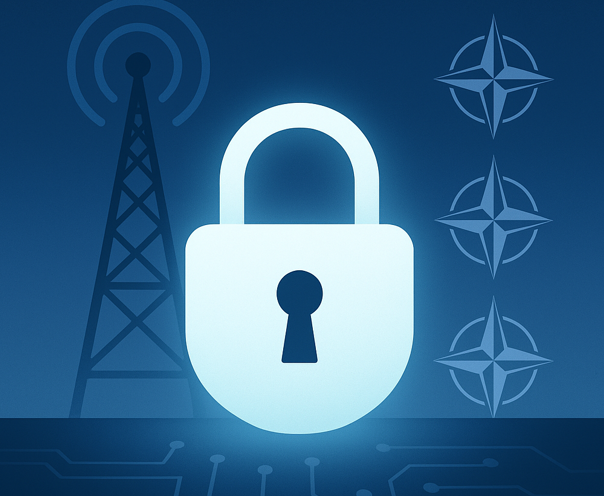
At a NATO ministerial summit held this weekend in Brussels, member nations agreed on a landmark initiative to tighten security protocols for mobile network suppliers—a policy response prompted by recent evidence of cyberattacks tied to Chinese-linked operators.
Delegates from the alliance’s 32 member countries, along with key partners such as Japan and the Philippines, convened to approve the “Secure 5G Infrastructure Compact.” This agreement requires each country to ensure that telecommunications operators who serve military or critical-state infrastructure must certify that their hardware and software do not originate from “non-trusted vendors,” specifically citing companies like Huawei and ZTE.
This accelerated diplomatic coordination came after Czech authorities disclosed a targeted cyber campaign over the past week against their Ministry of Foreign Affairs by APT31, a hacking group linked to China. The disclosure pressured NATO governments to reinforce telecom resilience in their critical systems.
According to military officials present, the pact outlines several immediate actions:
- Vendor screening: All operators will perform rigorous security assessments to ensure equipment is free of vulnerabilities introduced by entities under foreign state influence.
- Fallback infrastructure: Nations will develop dedicated backup communications—often cloud- or satellite-based—to maintain military connectivity if primary 5G networks are compromised.
- Information-sharing: NATO will facilitate a new secure channel for reporting cyber incidents targeting mobile networks.
“This is a turning point,” stated one senior official. “We now treat telecoms not just as civilian infrastructure, but as vital national defense lines.”
The policy signals the expansion of geopolitics into telecom strategy: civilian mobile networks are becoming battlegrounds in global cyber rivalry. Regional defense observers expect that operators currently relying on Chinese-made 5G gear may lose access to government contracts unless they re-tool to comply with these new rules.
Chinese officials, when contacted, condemned the compact as a protectionist move likely targeting their technology sector.
In a related measure, Denmark’s parliament concurrently adopted a complementary law requiring telecom firms to review and, if necessary, phase out equipment not meeting the “trusted vendor” criteria—enhancing the compact’s impact domestically.
As NATO broadens this telecom pact to its Asia-Pacific partners, the message is clear: secure mobile infrastructure is now central to international political strategy—and the divide between East and West is drawing new, invisible lines in cyberspace.


